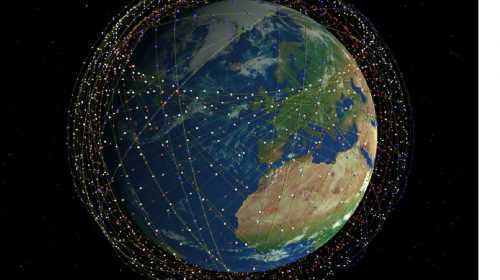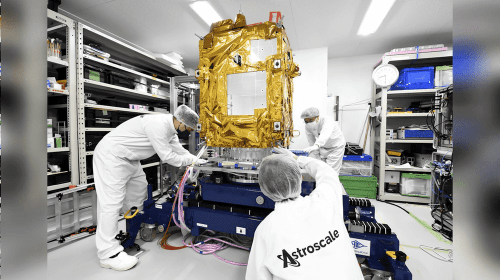Taiwan or the Republic of China (ROC), is neighboured by the People’s Republic of China, Japan and the Philippines and has a population of over 23.5 million people. The country lies on a complex tetonic area, making it prone to earthquakes and a result of this location is evident in its rugged mountains and gently rolling plains, which is where the majority of the population prefer to live. Taiwan is known as one of the ‘Asian Tigers’ alongside Singapore, Hong Kong and South Korea. The country has seen massive economic growth and development and its capitalist economy is export driven.
The telecommunications infrastructure in Taiwan is very well developed and there is a very competitive marketplace. As in many Asian countries, it is dominated by mobile. The Taiwanese government is very forward thinking in its approach to communications and it has realised the importance of good infrastructure in terms of making essential services available to the population. As a result, it is developing a digital economy that is making a raft of digital services available such as e-commerce, e-government, e-health, e-learning and also media applications. Today, there is a high penetration of Internet users across Taiwan due to the government’s diligence in trying to connect as many people as possible. The rate stands at 87.9 percent. Mobile Internet has become increasingly popular and there are ambitions to introduce 5G services as well as IoT networks. However, the challenge for the government lies in the improvement of broadband speed in rural areas.
In an attempt to make this happen, the government has initiated its Forward-Looking Infrastructure Construction project which will improve broadband Internet speeds and availability in rural Taiwan. This project pledges to make these changes by 2020.
Potential for Satellte Internet Services
In order to meet this pledge, satellite networks can play a significant part in pushing broadband speeds up further to accommodate a plethora of different applications that the government wish to take to rural regions. Why? Satellite networks are extremely reliable, can be deployed anywhere and offer the broadband speeds required to run bandwidth hungry applications. BusinessCom Networks offers satellite networks that are deployed in the C- and Ku-band range for connectivity that covers all voice and data communications in even the most remote of areas and include specialised services to enable users to gain the best of their bandwidth. The services feature top level security and our installation technicians are local to Taiwan and can install your network quickly. BusinessCom’s team can offer full management of the solution and are on call 24 hours a day, 7 days a week.
Through BusinessCom’s satellite network, the government can extend its networks cost-effectively and improve broadband speeds instantly, enabling it to deliver essential services such as healthcare, regional administration and rural connectivity with applications such as Virtual Private Networks, VoIP, videoconferencing, email, web and Internet browsing and cloud computing.
For rapid and reliable network extension and high speed broadband access to rural or hard-to-reach areas of Taiwan, satellite networks provide the ideal solution.
Key features
Key differentiators of BusinessCom VSAT services in Taiwan are:
- Broadband Internet access
- Toll quality VoIP and Videoconferencing with CIR
- Reliable SLA through FDMA and D-TDMA
- Star, Mesh and hybrid Star/Mesh topology networks
- Full support of accelerated VPN, CITRIX, ERM and other business applications
- Highly secure operation with optional AES embedded encryption
- Global C-Band coverage and sub-Sahara Ku-Band
- Landing at top tier redundant IP facilities in Western Europe and United States
- Sentinel-based QoS, bandwidth management and optimization platform





